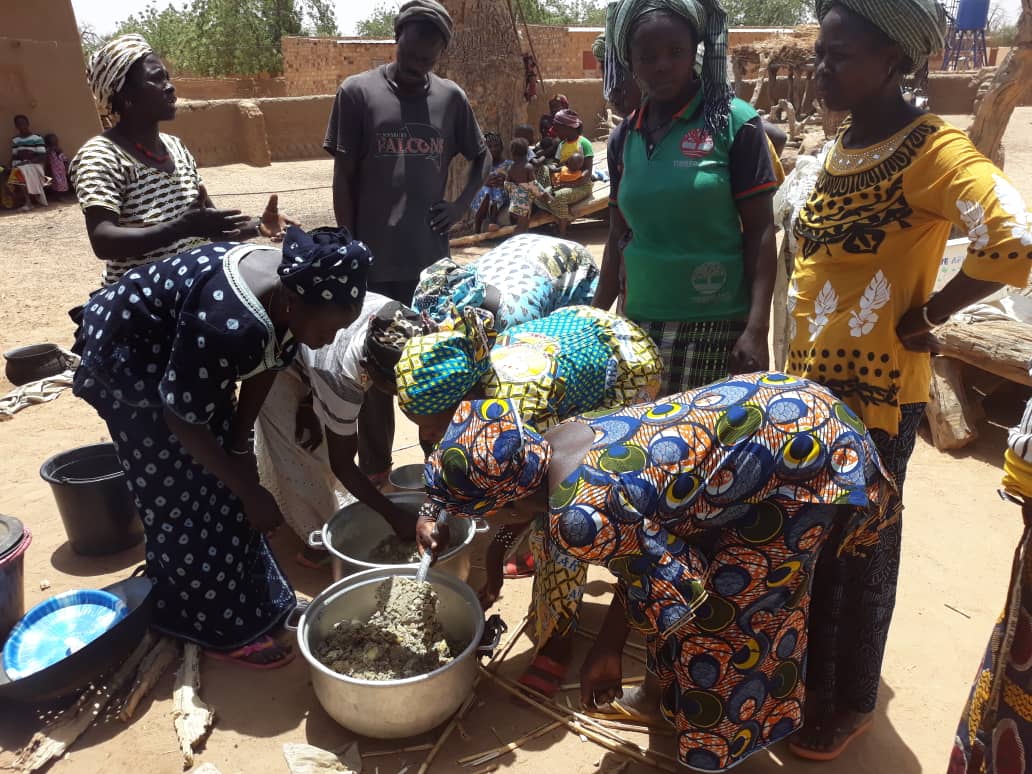
Description of the Project: This project, initiated in Mali by ADESAF and co-constructed with the local population, contributes to the fight against the silting up of arable land in an area threatened by desertification. This initiative guarantees access to land for 276 women farmers who have received arable land plots, and been trained in agro-ecological techniques. It has contributed to the creation of cooperatives that generate new income, while ensuring greater food security and climate resilience for the 4,280 inhabitants of Ireli village. The cooperatives and all project activities improve women’s participation in local, resilient development through capacity building and empowerment.
Climate Impact: Ireli is located more than 100 km from the Niger River, in an arid area. The Village Development Committee succeeded in setting 10 hectares of dunes by forming 4 dedicated teams of women and men. 80 people were trained in planting and conserving local plants fixing the dune, and 276 in agroecology, preserving water and the ecosystem, to maximize nature’s regenerative capacities. 2 hectares of vegetable plots are cultivated according to these methods, ensuring the population’s resilience to climate impacts.
Gender Impact: The 276 women farmers have formed 8 groups that benefit from arable plots and training in arboriculture and agro-ecological gardening, as well as marketing, accounting skills and cooperative management. A part of the sales of the cooperative’s production is reinvested, while the rest improves the farmers’ incomes. Training courses strengthen women’s participation and role in decision-making instances. They elect their own presidents and managers independently. Their legitimacy is recognized by all villagers.
Scalibility: The collaboration with a local association and the support of the Sangha Town Hall ensure a good territorial anchoring. An appropriate economic model and good governance strengthens the autonomy of the inhabitants in managing the actions. Capitalization work was carried out through interviews and studies. The women also benefited from the experience of Tireli’s women farmers, who conducted a similar program. The community intends to scale-up by involving unemployed youth in Sangha and improving the incomes of cooperatives.